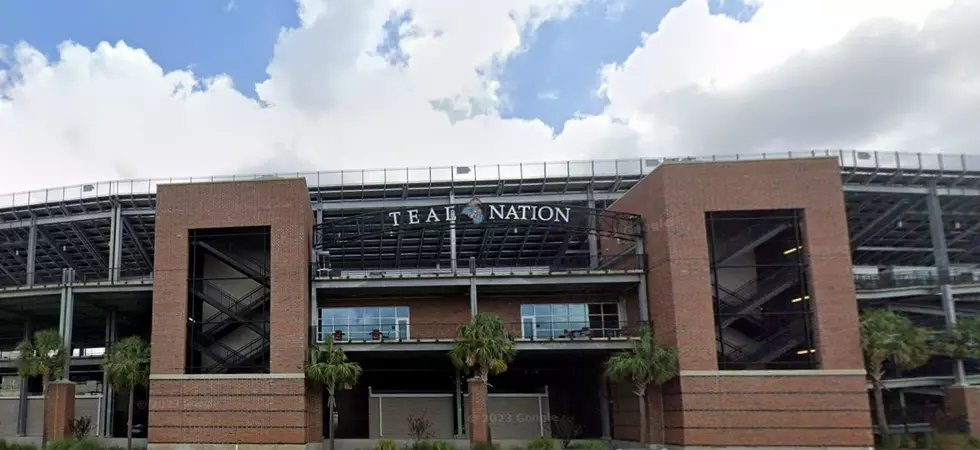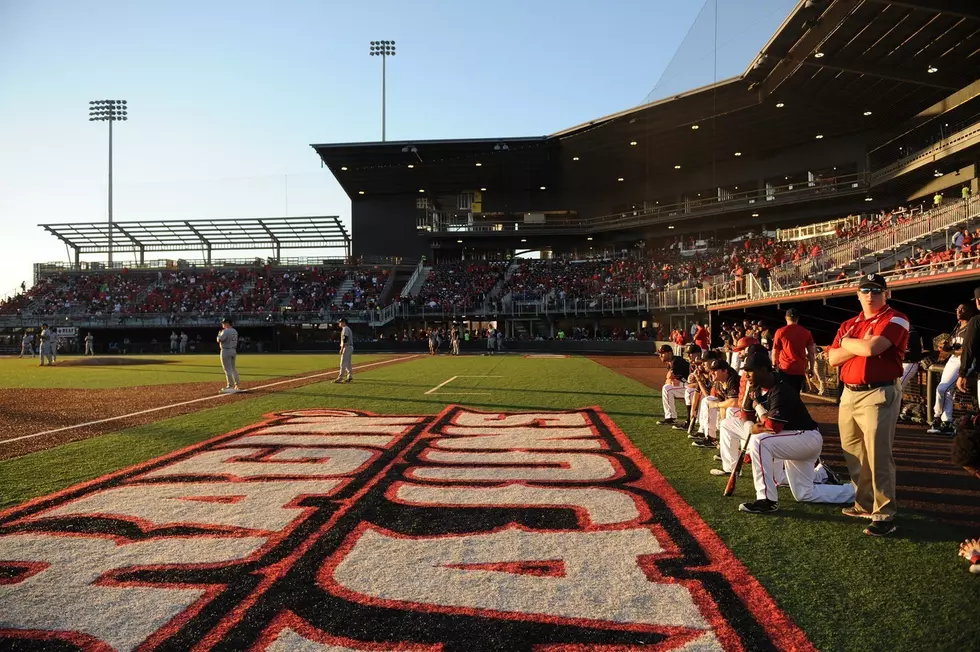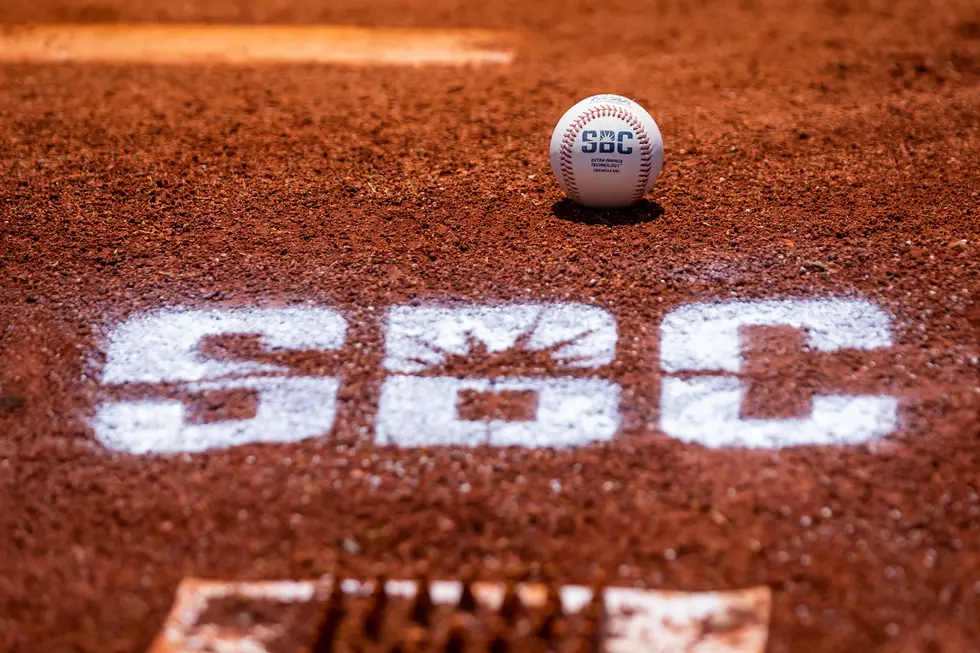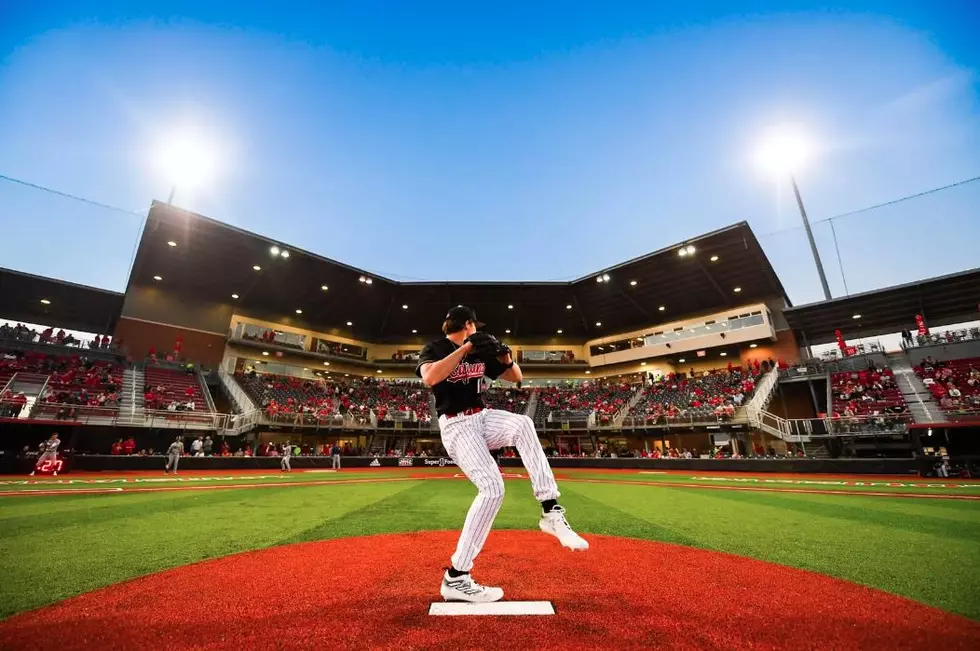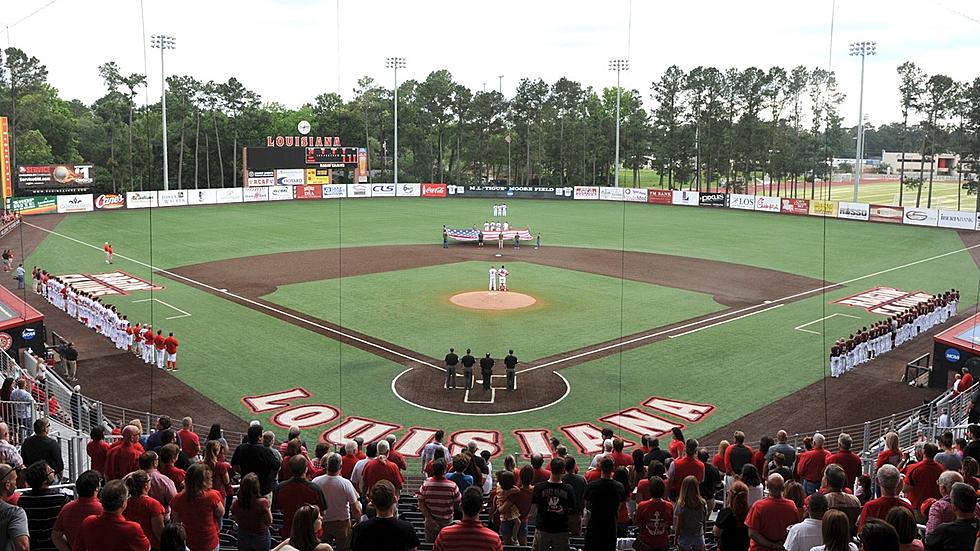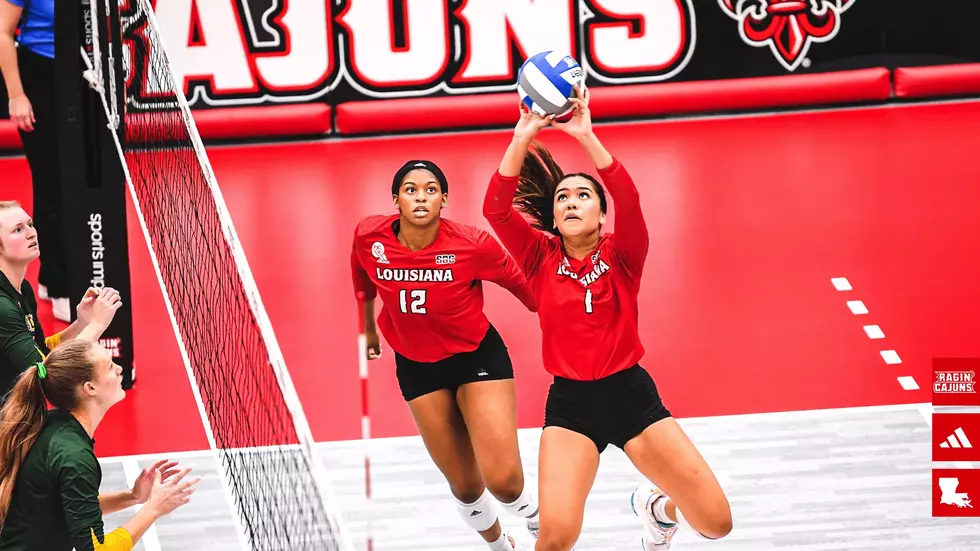
Saturday Night in the Sun Belt: Football Division – From the Bird’s Nest
Do you remember in the first few years of Sun Belt football when there was plenty to complain about concerning officials in every single game? Man, those guys just weren’t ready for college football officiating.
But as much as we want to criticize the league sometimes, there is no debate about the improvement of the quality of officials.
But Saturday night we got a reminder of the not so “good ole days.”
There were missed calls. There was much confusion. There were many missteps.
And there were flags. Lots of flags.
Going into Saturday night’s Georgia State game, Louisiana had drawn fifteen penalties.
All season.
Saturday night they were flagged 13 times for 115 yards.
But these guys in the striped shirts were equal opportunity offenders. Georgia State was flagged ten times for 79 yards. The Cajuns were best in the Sun Belt in fewest penalty yardage, with just over 25 yards per game. Saturday they had 48 yards in penalties…in the first quarter.
We all know that penalties can be called on just about every play. A good official knows the difference between a rule infraction and good judgment on when to make a call.
Bad officials throw flags and then hide behind the rule book to justify their actions.
On the first touchdown drive for Georgia State, the Cajuns were hit with an unsportsmanlike conduct penalty on a play when Wil Lutz executed a fake punt. Obviously someone on the sidelines said something. But I’ve been around this game long enough and know enough officials to be able to say when someone gets testy on the sidelines, a good official throws a flag and issues a sideline warning. If it happens again, a flag is thrown and it costs you fifteen. The exception would be if someone on the sidelines questioned the honesty of an official or the reputation of his mother.
Later in the same possession, quarterback Nick Arbuckle threw a pass to his left. Trev Patt knocked the ball free and Corey Trim returned it for a touchdown. But, two things happened. First, it was announced there was an inadvertent whistle (remember that term) and a flag was thrown for unsportsmanlike conduct when a coach ran onto the playing field well behind the play. (Another example of knowing when to throw a flag and when to keep it in your pocket. In this case, had nothing to do with the play.
Then they decided to review the play.
I’ve looked at the replay a dozen times, maybe more. And the call should not have been overturned. Arbuckle threw a pass to a player that was standing one yard past where Arbuckle was standing. But then he had to reach back to make the catch. That’s what you call an inconclusive replay. But reversing the call was a whole lot easier than reminding everyone there was an inadvertent whistle. After all, officials get suspended for stuff like that. Now, many have asked about why the penalty would still be enforced if the pass was incomplete and it’s my understanding any fifteen yard penalty (personal foul or conduct) is enforced even if the play is reversed. But the flag should never have been thrown.
All of this happened on one possession.
On the Cajuns’ next possession, Elijah McGuire caught a screen pass on a third down play. He was brought down and it was ruled a first down. A review correctly showed McGuire was a yard short.
At which time the referee ruled it was second down. The Cajuns punting unit came on the field and then the official corrected himself.
Later in the game on a pass interference call deep in Cajuns’ territory, the referee called it a 15-yard penalty and then had to correct himself again, correctly calling it a spot foul.
Dude had a bad night.
Later in the first half, Cajuns’ nose tackle Justin Hamilton was ejected on a targeting call. My issue here is more with those who stress the points of emphasis more than these officials. I’m as much of a proponent of safety as anyone. I think the targeting rule, enacted last year and modified this year to require replay on a targeting call, is a good rule. But I also feel if you’re going to have an automatic ejection for targeting, it had better be obvious. I really don’t think this one was. Again, perhaps in the definition of the rule, it was. But ejecting a player for something that is borderline at best is just plain wrong.
I don’t want to suggest Georgia State didn’t get some bad calls as well. There were a few penalties that, after watching replay, I thought were a bit nit picky.
The second half wasn’t as bad until a play deep in Cajuns territory in the fourth quarter. Tracy Walker was called for pass interference on a pass that two people on earth could have caught: Superman and Elastic Man. Was there contact? Sure. But the pass was uncatchable. The call came on a third and goal from the UL 13 with GSU down by four points.
I used to be really critical of Sun Belt officials on the gridiron…and, I believe, rightfully so. (There was a disconcerting signals call against the Cajuns at Troy several years ago that set me off.) It’s been many, many games since I felt the way I did Saturday night.
The league took a big step backward at Cajun Field over the weekend.
More From 103.3 The GOAT


